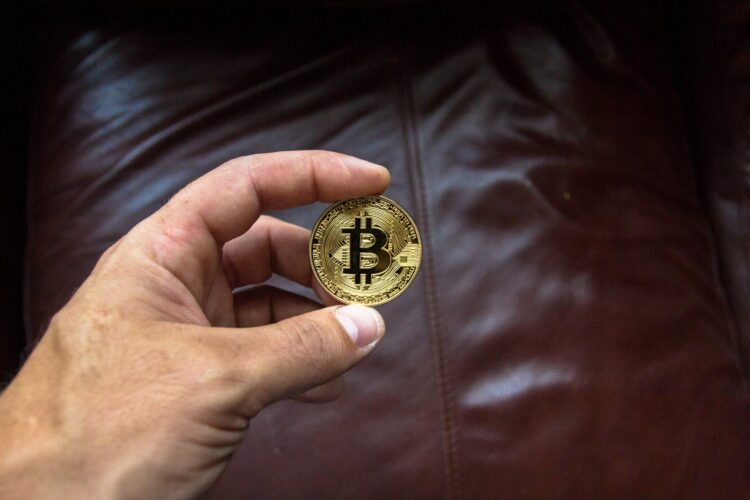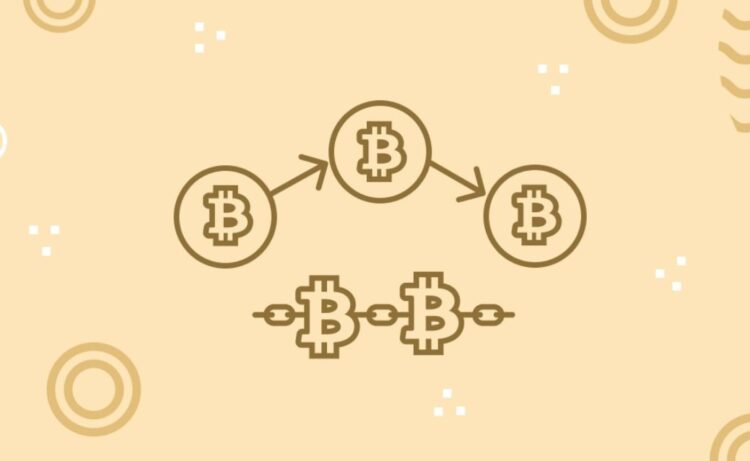Many people may have heard of bitcoins but many do not really understand it. Simply put, they are an internet currency, not like conventional currencies that we commonly deal with. Unlike regular currencies, they are completely digital, meaning that it is issued by no government, institution, or authority and travels around the world instantly.
It cannot be printed like regular paper money because it cannot be reproduced or destroyed, unlike gold or silver coins. This makes it unique among all other currencies. It has the largest store of altcoin which has been working for more than 8 years without facing failure in its record.
Bitcoin itself has the world’s largest developing ecosystem with lots of highly developed and authenticated software. No doubt it is also a part of cryptocurrency but still, bitcoin itself is a huge department to talk about. It is creating new categories and have effective and large results. It is still in the journey of its progress because it is independent and unseizable.
Page Contents
Bitcoin Creation

Source: pexels.com
Bitcoins are created through an open-source software program that is referred to as its protocol. The protocol is designed in such a way that it guarantees anonymity and privacy while transmitting transactions. Transactions are recorded in a public ledger called the “blockchain”. The key to accessing this public ledger is the bitcoin address which is randomly generated for each transaction. Transactions are separated into two categories: off-chain transactions and on-chain transactions.
These transactions are implemented on those which are recorded and passed from the verification of blockchain. Its working speed completely depends upon the verification of blockchain. There is no solid copy of it, it only balances on the basis of the public ledger means that everyone has its transparent access.
In order to make transactions through bitcoin it has to pass through a verified method which we call mining. It is not issued by any bank or other commodity. It means that it is independent from any kind of banking terms and conditions. No one can cheat or hack it’s transaction system as its blockchain system is run by a highly developed computing system that has the same list of blocks and chains.
Off-Chain Transactions
Off-chain transactions happen when you sell your bitcoins to another person or institution on the bitcoin network. The transaction is not recorded on the public ledger. Only the person who made the sale knows what the transaction was for and where it was paid. In this situation, miners make their income from these transactions instead of from the revenue gained from the sale of actual bitcoins. you can visit the bitcoin revolution app review. Click here if you want to find out more information.
On-Chain Transactions

Source: river.com
On-chain transactions happen when actual bitcoins are spent. The spending does not change the ledger so it is still recorded but the transaction is not added to the block. Off-chain transactions are much more reliable than on-chain transactions because they rely on a peer-to Peer system that is secured by mathematics and the mathematical complexity of the bitcoin protocol. Because of this feature, off-chain currencies are more secure than cryptocurrencies that rely solely on peer-to-peer networks.It occurs outside the blockchain.
It works to the third party or coupon base locators. In this type of transaction we have the option to do the reverse if the majority of the powers lies on the same plane. In simple wording two parties have the facility to exchange their private keys in a fixed crypto amount.
Entirely New Technology
Unlike regular currencies, they cannot be printed as they are made up of entirely new technology. As a result, there is no physical money in its just a digital currency that has been programmed to work as a traditional currency. This feature attracts many to the bitcoin platform. A digital currency is backed by a decentralized network of servers rather than by a government or a company. Since the system is decentralized, a hacker attack does not affect the transaction.
Unlike regular coins, they have no standard weight and can’t be printed like paper money. Transactions on its platform must be verified by a network of computers before they can be completed. Every computer in the network acts as a signer on every transaction that is made and any error in the verification process is traceable to the user who owns the computer that was used to sign the transaction.
Transactions are generally held in “safekeeping” until the owner wants them transferred. This is done by broadcasting a request on the public ledger called the “blockchain”. The “blockchain” is basically a database of past transactions.
Private Key Ownership

Source: pexels.com
Private key ownership is not required to participate in its ecosystem. In fact, most activity on its exchanges requires no participation from the buyer or seller in the first place. Instead, users must use a special kind of digital wallet that creates a second account under its name.
The wallet acts like a bank account for its users and uses the private key as an encryption key for transactions. This means that anyone who wants to make an anonymous transaction can do so without having to provide a third party with their private key. This is why it is so popular with journalists, tax professionals, and hackers.
Final Words
Although they are not backed by any governmental agency or institution, they still have significant value due to their highly unique qualities. Like all forms of digital currency, their value of them is determined by supply and demand.
There is great volatility in the value of bitcoins due to fluctuations in the world’s supply of oil and other natural resources. The great demand for them is due to the fact that they are not controlled by any central body or institution and are therefore not subject to political control. Because of these factors, they are currently more popular than gold.





